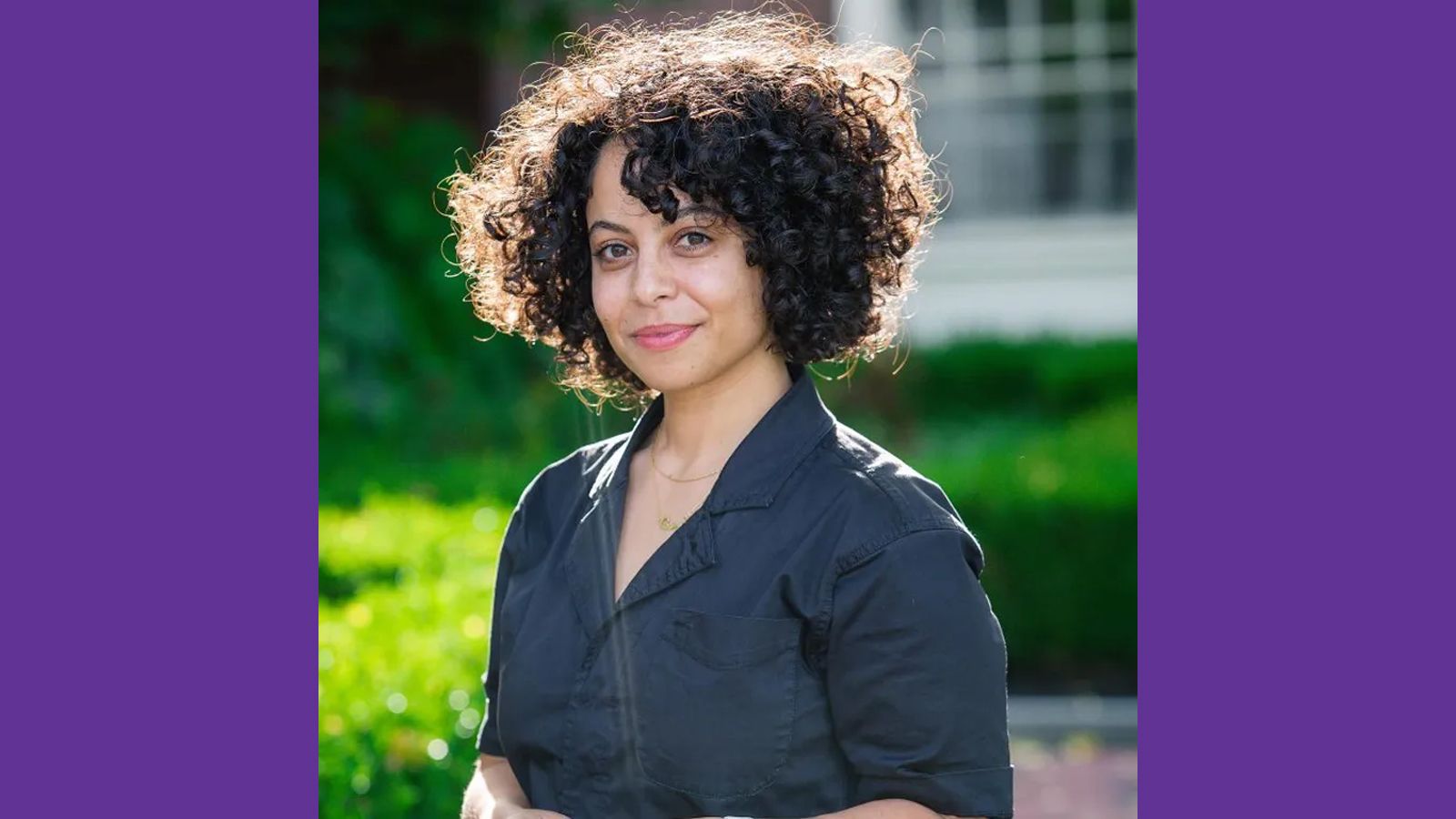Heba Gowayed, an associate professor of Sociology at Hunter College and the CUNY Graduate Center, studies the lives of people who migrate across borders and the unequal and often violent treatment they face. Her 2022 book, Refuge: How the State Shapes Human Potential, which earned the 2024 Mirra Komarovsky Book Award from the Eastern Sociological Society, recently won the Oliver Cromwell Cox Award from the Racial and Ethnic Minorities section of the American Sociological Association.
The following interview was conducted by the Graduate Center.
What does it mean to you to win this award?
Gowayed: Refuge is a book about displaced Syrians building new lives in wealthy countries that have offered them resettlement or asylum. This award is meaningful not only because it is a national award voted upon by my peers, but also because it recognizes the book's contribution to the study of race, an enduring American inequality. The people in the book who are Arab and Muslim are part of a racialized minority increasingly vilified in public discourse, and whose lives whether domestically or internationally (as we’re seeing in the current genocide of Palestinians) are deemed expendable. By giving me this award, my professional organization is recognizing the humanity of the people in the book, and in doing so pushing back against their marginalization.
Why did you write this book?
Gowayed: I wrote this book because I wanted to tell a story about this racialized minority who were displaced by a horrific war that centered them as people first and foremost. I wanted the reader to leave the book identifying with the people within it. To do so, I write about how they understand their own displacement and migration process, and how they make sense of their mobility in an unequal world.
What do you want readers to know about this book?
Gowayed: I want readers to be able to recognize that the same systems that disenfranchise new arrivals to their country are the ones used to deny people who are here opportunities. Though our politicians attempt to pit “natives” against “immigrants’ or “refugees,” people in need are denied through our country’s abdication of responsibility toward the poor, which is rooted historically in both anti-Black and anti-immigrant sentiment.
How does this book relate to your scholarship or teaching?
Gowayed: I study borders and displacement, and I teach courses on these topics. Here at CUNY, I am proud to teach students, many of whom also come from immigrant backgrounds, and who are trying to make sense of these very same inequalities of legal status, race, and place. At the GC I am continuing to write on borders, colonialism, and displacement, with the support of our tremendous students and colleagues!
What advice would you offer to aspiring authors in academia?
Gowayed: It’s so easy when we pick up a book to forget that there is a long and often messy process to get to a finished product. The pathway of each book is different, but I often find that for new authors the biggest obstacle is believing in your own voice and sitting down and committing that voice to paper. Especially for authors from minoritized groups, who are underrepresented in academic work, and likely to be under-supported, the self-doubt can be paralyzing. But I want to remind those authors in particular that their life experiences, and what those experiences allow them to see of our social world, can be transformative. So, sit down and write! (Which is advice I often need to repeat to myself.)
What’s next for you?
Gowayed: I am working on my second book, The Cost of Borders, where I argue that borders, rather than markers of sovereign territory, are marketplaces comprising always costly, and often deadly, transactions. Moving from Lesbos to Gaza to Tijuana, the project shows how the costs of borders, patterned by inequalities of racism, sexism, and disability, fluctuate over time and space, and differ depending on who is attempting to cross.


